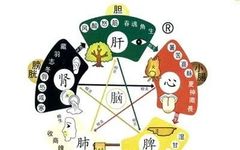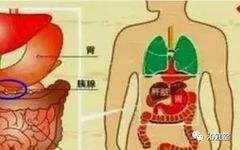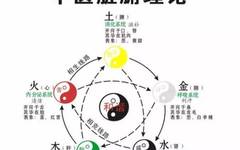The Five Organs and Six Bowels in Traditional Chinese Medicine
The Five Organs The Five Organs refer to the heart, liver, spleen, lungs, and kidneys. In TCM theory, the Five Organs are the center of life activities in the human body, with mental and conscious activities belonging to the Five Organs. Together with the Six Bowels, they connect the body’s internal and external organs, forming … Read more



